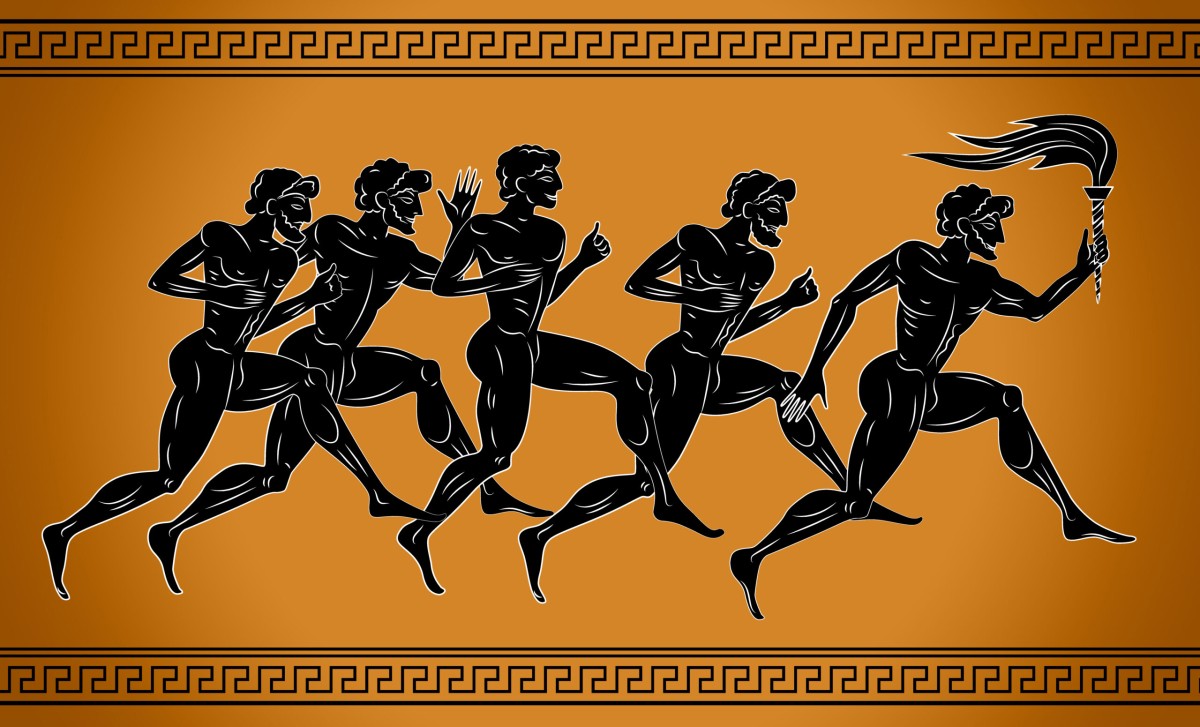Ever wondered why marathon runners go that oddly specific distance — not 40 km, not 45 km, but precisely 42.195 km? 🤔
The answer weaves together legend, history, and a bit of royal flair.

🇬🇷 It All Started in Ancient Greece
In 490 BCE, legend says an Athenian messenger named Pheidippides ran from the Battlefield of Marathon to Athens — roughly 40 km — to announce a Greek victory over the Persians.
After proclaiming, “Nike!” (which means Victory), he collapsed and died from exhaustion. 😮
While parts of the story are debated, his run sparked one of the most enduring traditions in sport.
🏛️ The First Modern Marathon – 1896
Fast forward over 2,000 years. When the modern Olympic Games were revived in Athens in 1896, organizers created a race to commemorate Pheidippides’ fabled run — a 40 km course from Marathon to the Olympic Stadium.
The winner, Greek hero Spyridon Louis, finished in 2:58:50 and became a national icon. 🇬🇷✨
This race lit a fire for distance running around the world.
🇺🇸 Enter Boston – 1897
Inspired by the Athens marathon, the first Boston Marathon was held in 1897, becoming the oldest annual marathon in the world.
But the exact race distance wasn’t yet standardized — different events had slightly different lengths.
👑 The Royal Twist – London 1908
The now-standard 42.195 km distance came about during the 1908 London Olympics.
The original plan was for a 26-mile race from Windsor Castle to White City Stadium. But at the last minute, the course was extended by 385 yards (about 352 meters) — at the request of the British royal family.
They wanted the race to start on the castle’s East Lawn, so the royal children could watch from their nursery window. 👑💂♀️
The race finished in front of the royal box — and that total of 26 miles and 385 yards became the official marathon distance, later adopted by World Athletics in 1921.
📏 And That’s Why We Run 42.195 km Today
From a battlefield in ancient Greece to the lawns of Windsor Castle, the marathon distance we now know is a blend of legend, Olympic history, and royal adjustments.
Next time you’re hitting those final kilometers, remember — it’s not random. Every step has 2,500 years of history behind it. 🏅🔥



